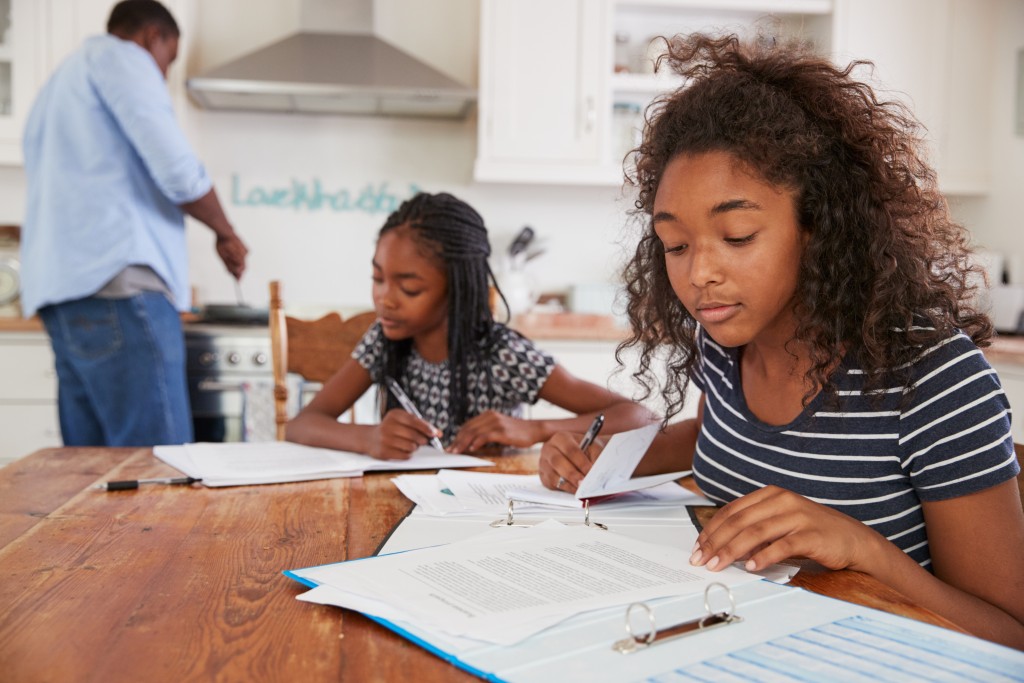 Editor’s note: This commentary from Frederick Hess, director of education policy studies at the American Enterprise Institute, appeared last week on the Thomas B. Fordham Institute’s website.
Editor’s note: This commentary from Frederick Hess, director of education policy studies at the American Enterprise Institute, appeared last week on the Thomas B. Fordham Institute’s website.
This year’s state legislative sessions, now coming to a close, have yielded a blizzard of high-profile victories on school choice, from enactment of universal education savings accounts programs to the expansion of private school choice policies to serve many more families, to fairer funding for charter schools.
These gains have come primarily in red states, even as choice opponents in blue states have, if anything, strengthened their hand, with resurgent teacher unions and energized progressives denouncing charter schools (never mind vouchers and ESAs) as nefarious “privatization.”
What can choice supporters take from these developments? It seems to me that there are at least four big takeaways, all of them rooted in the kind of reflection that I suggest in my new book, The Great School Rethink (Harvard Education Press 2023).
First, when it comes to educational choice, it turns out that huge swaths of seemingly “satisfied” parents see the value in having more options—at least when it’s offered in terms of taking care of their kid rather than bashing their public schools. The pandemic and value-laden fights fueled by political polarization have made choice appealing to many families that never thought much about it before. This is what’s driving so many of the legislative wins.
As I put it in The Great School Rethink:
How do we reconcile parent support for more choices with affection for their local public schools? It’s not hard, really. Parents want options. They may wish for alternatives when it comes to scheduling, school safety, or instructional approach … At the same time, though, they also value schools as community anchors, like their kid’s teachers, and may live where they do precisely because they like the local schools … The notion that one is either for empowering parents or supporting public education is a misleading one. Real parents don’t think this way.
Now, some observers see a handful of very online choice advocates denouncing “failing public schools” or calling to “blow up school systems,” and seem to imagine that these appeals are helping to fuel choice gains. I think they have this wholly backwards.
Choice enthusiasts have been issuing such screeds for many years. What’s changed is that, after the pandemic, many more parents are open to choice even though the lion’s share continue to like their local public schools. Advocates who get this are more likely both to win over red-state parents and to bolster their case with blue-state ones.
Indeed, many apolitical parents who just want good options for their kids are alienated by reformers who seem like wannabe revolutionaries.
Second, it’s more useful to think of “educational choice” than “school choice.” From start to finish, schooling is a stew of choices made by students, parents, educators, system officials, and policymakers. Attendance zones, discipline policies, electives, homework policies, when to start school—schools are nothing but a series of choices about education. Given that, we need to appreciate that school choice works much better in some places (like urban areas studded with schools) than in others (like sparsely populated rural communities or those lacking in convenient transportation).
Even in locales where the promise of school choice may be more limited, many families stand to benefit mightily from educational choice that allows them to address their child’s needs.
To continue reading, click here.


